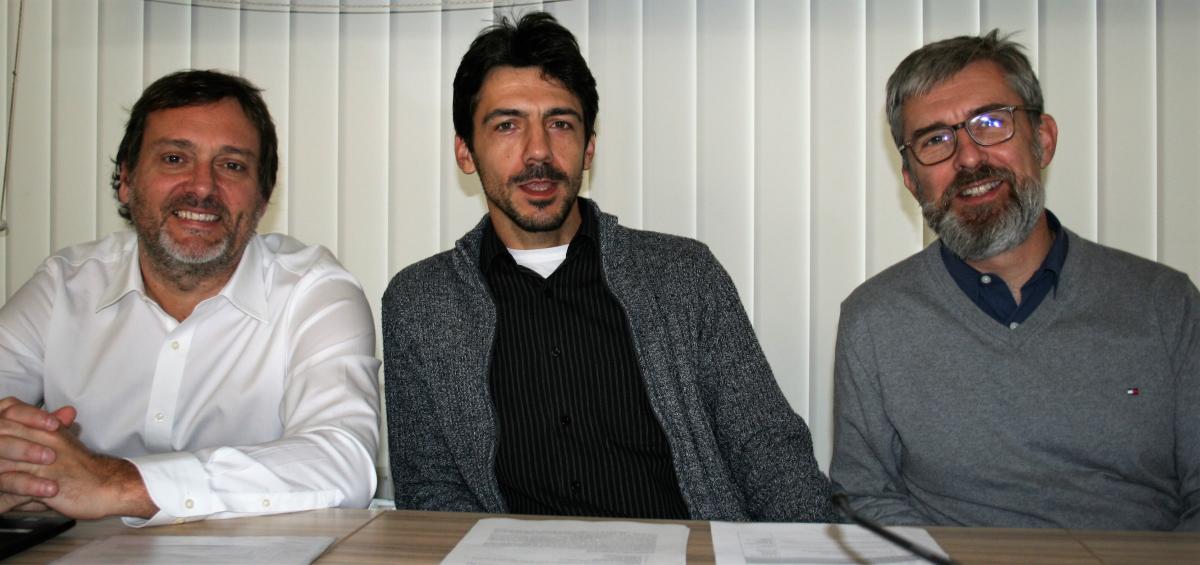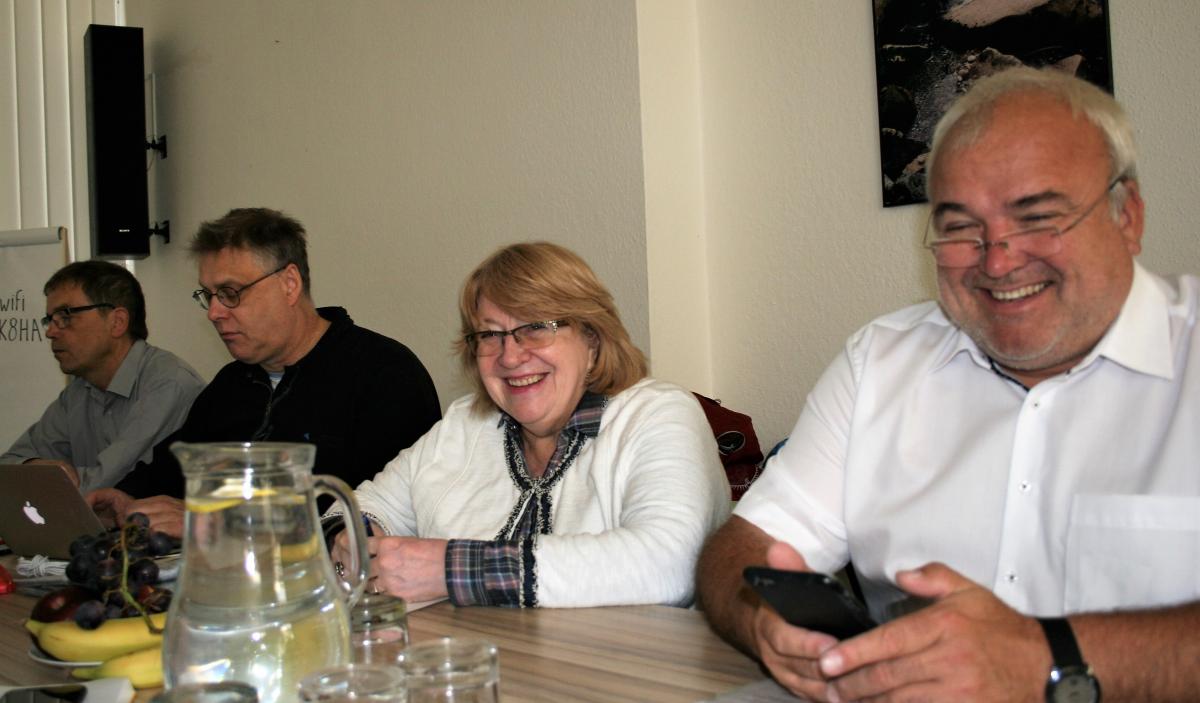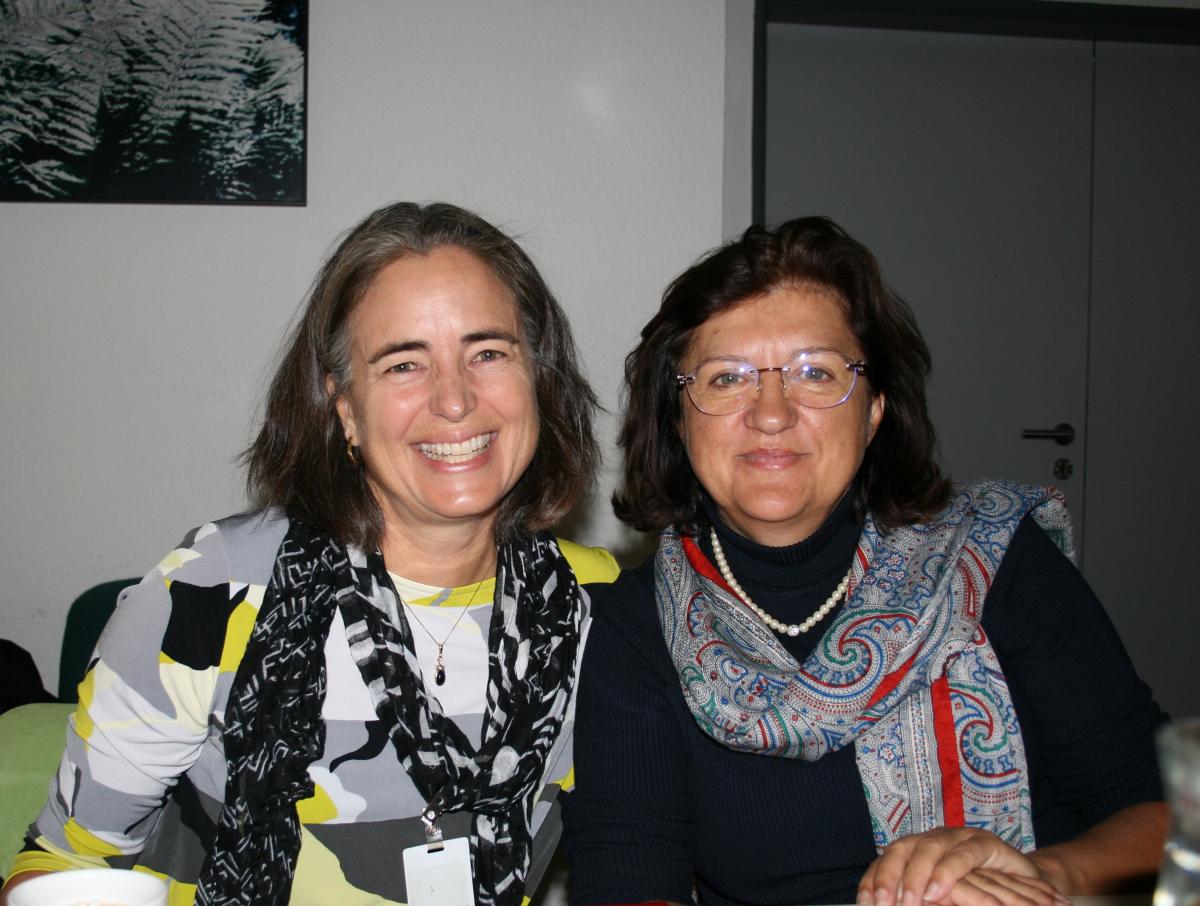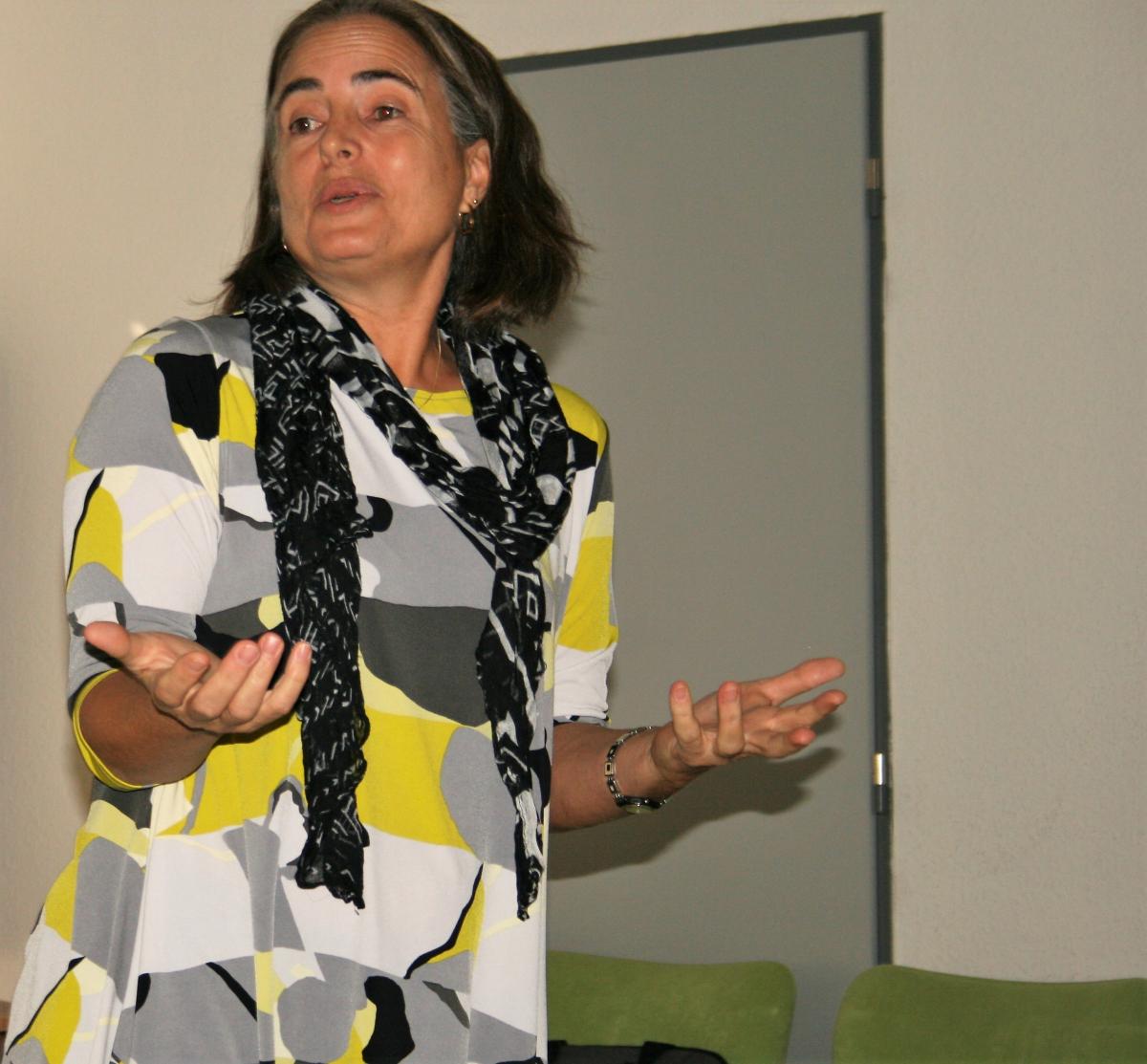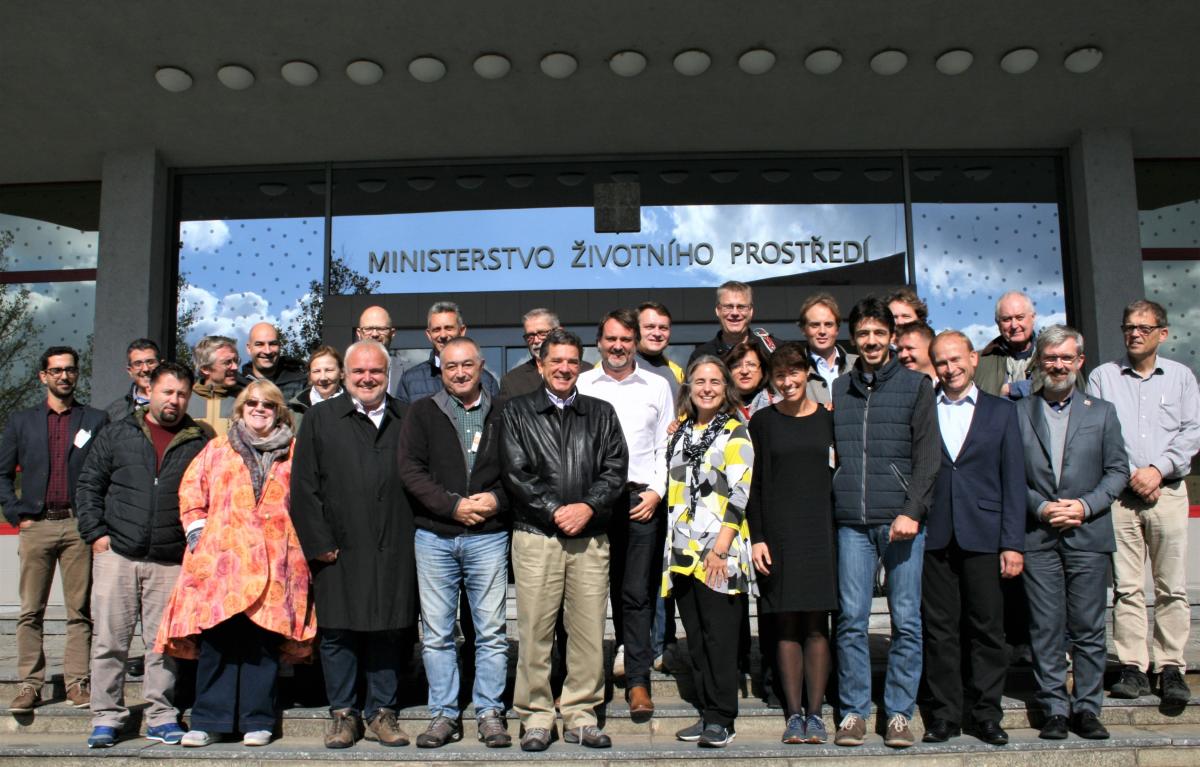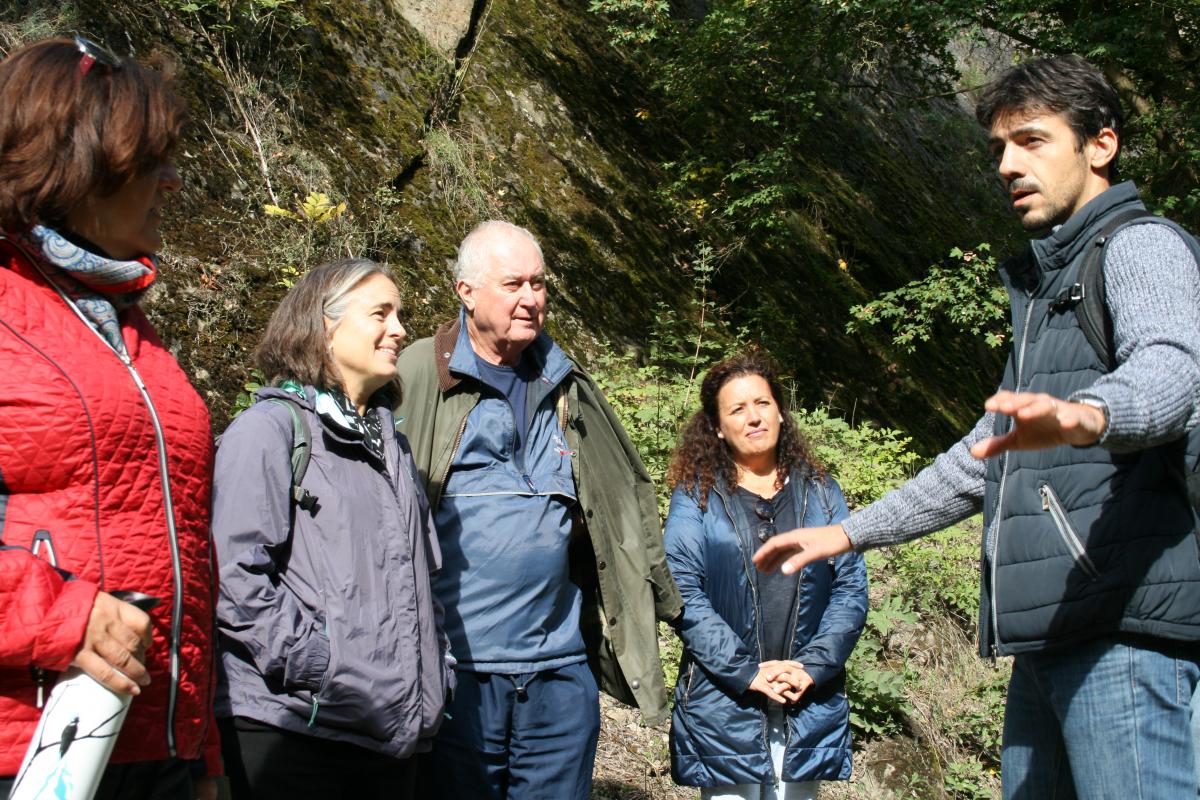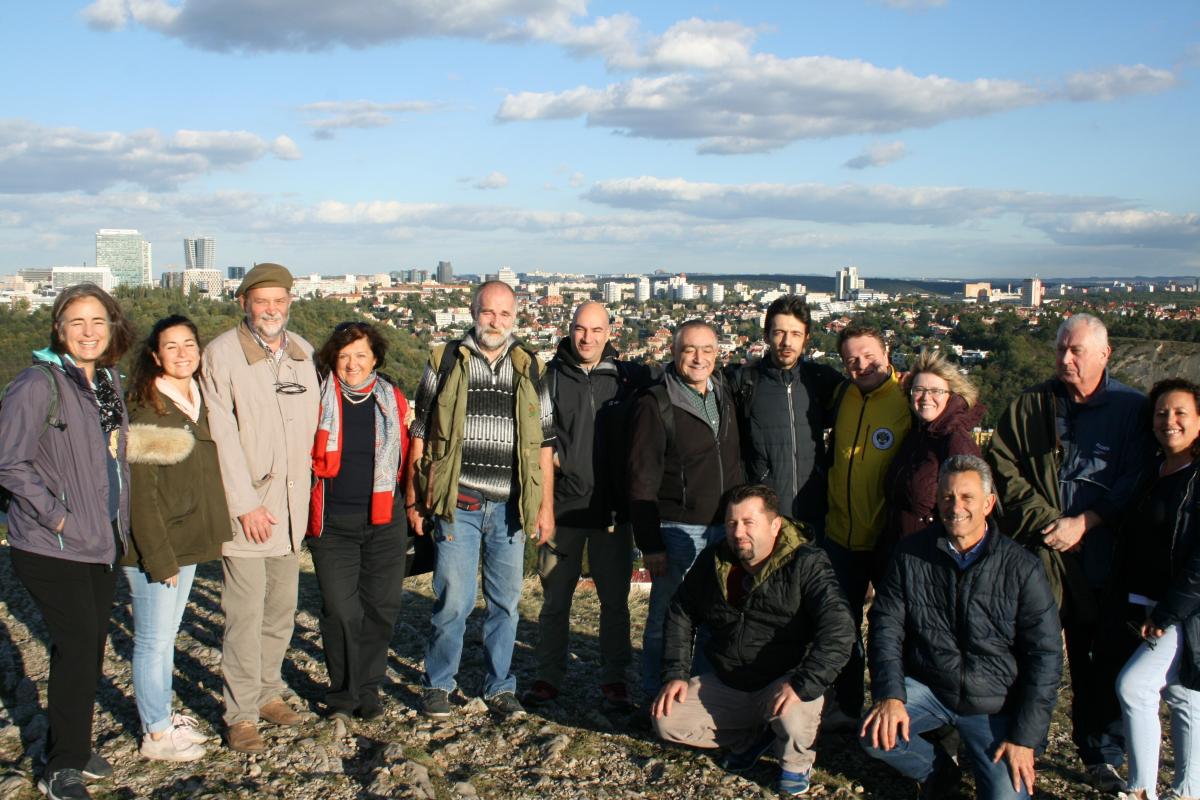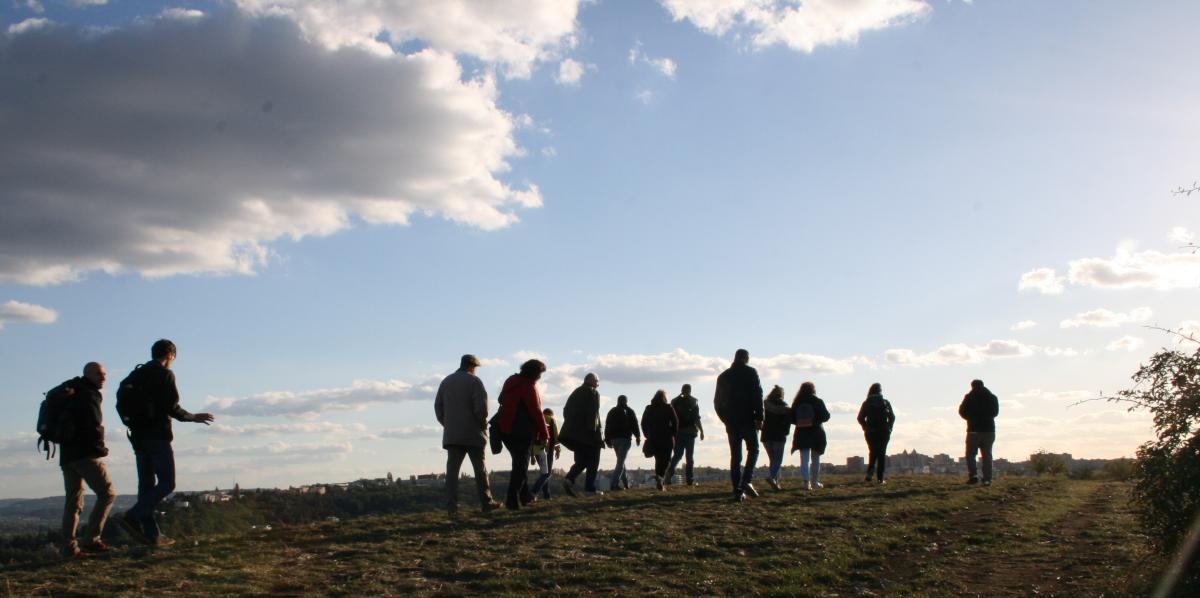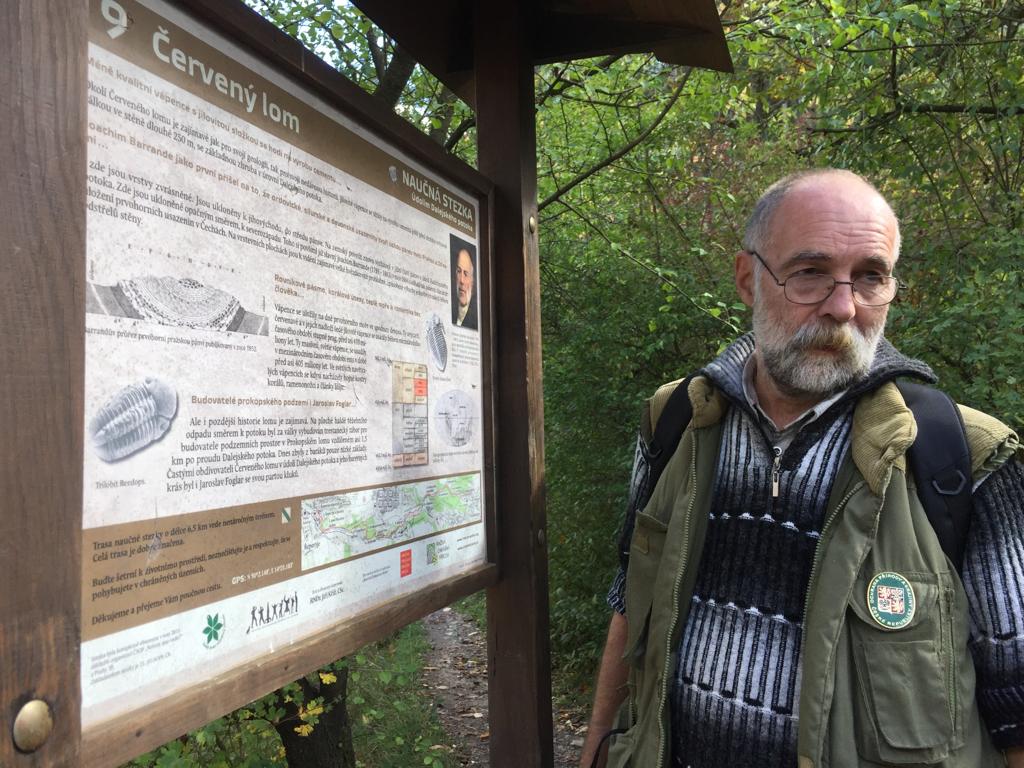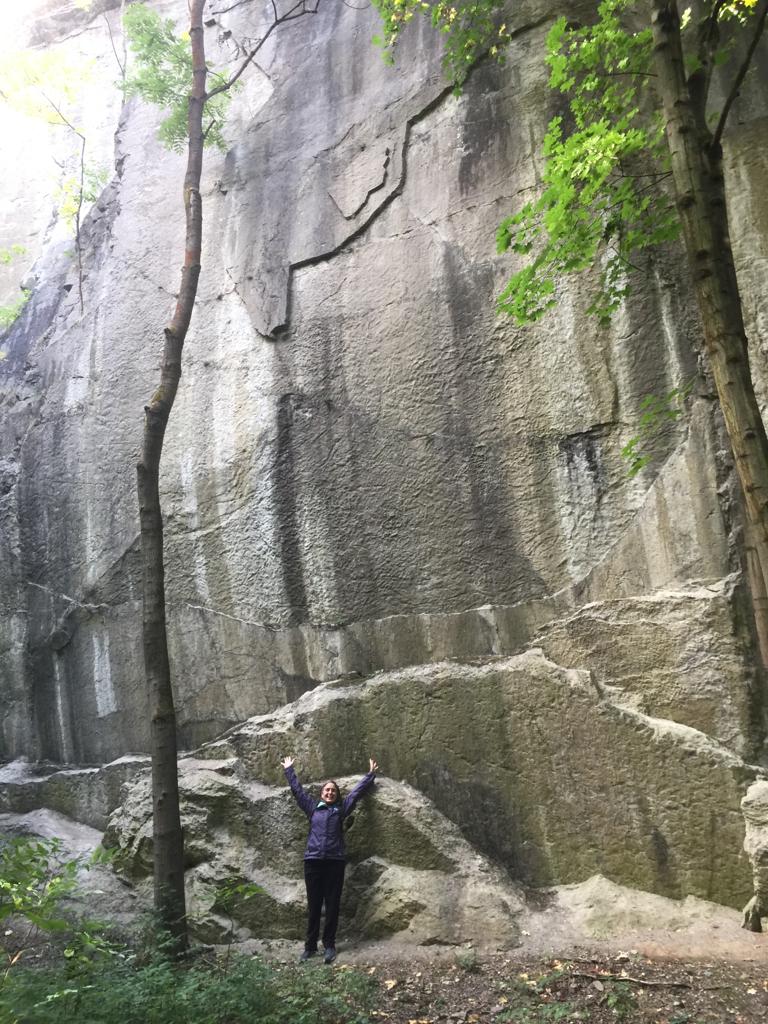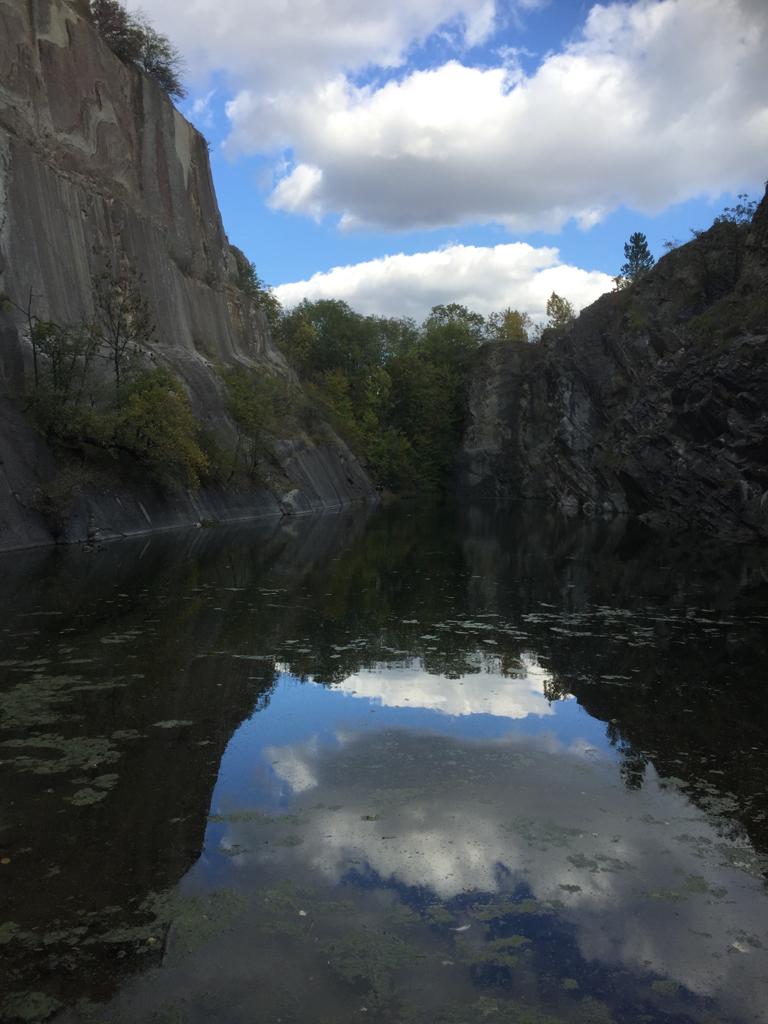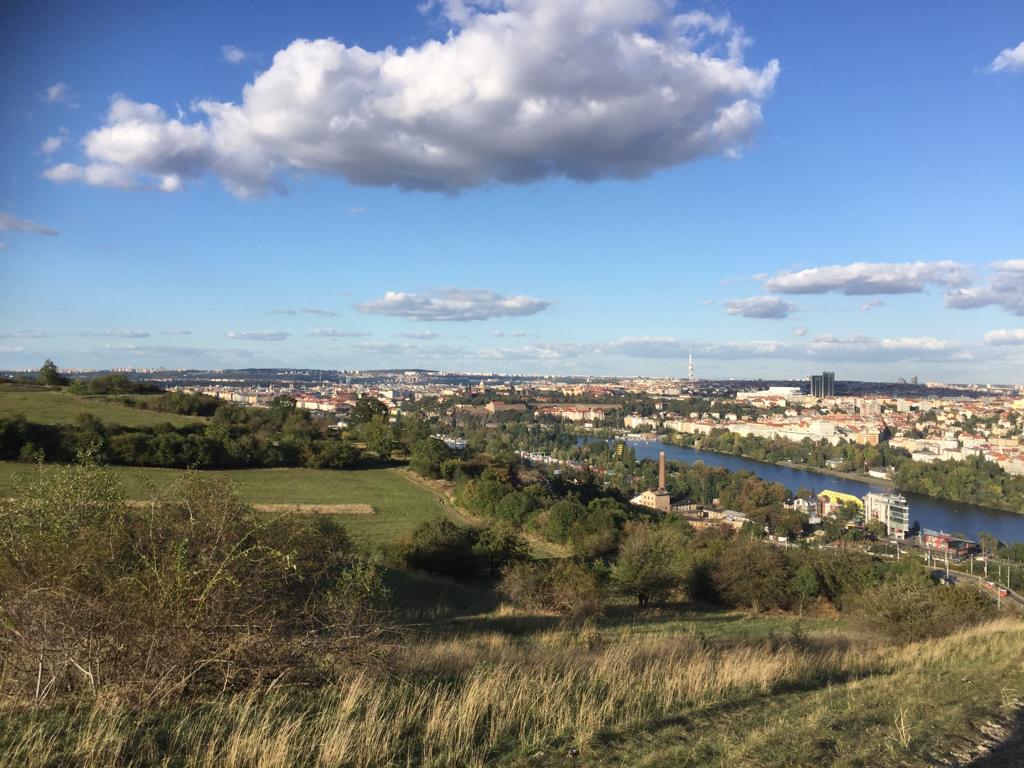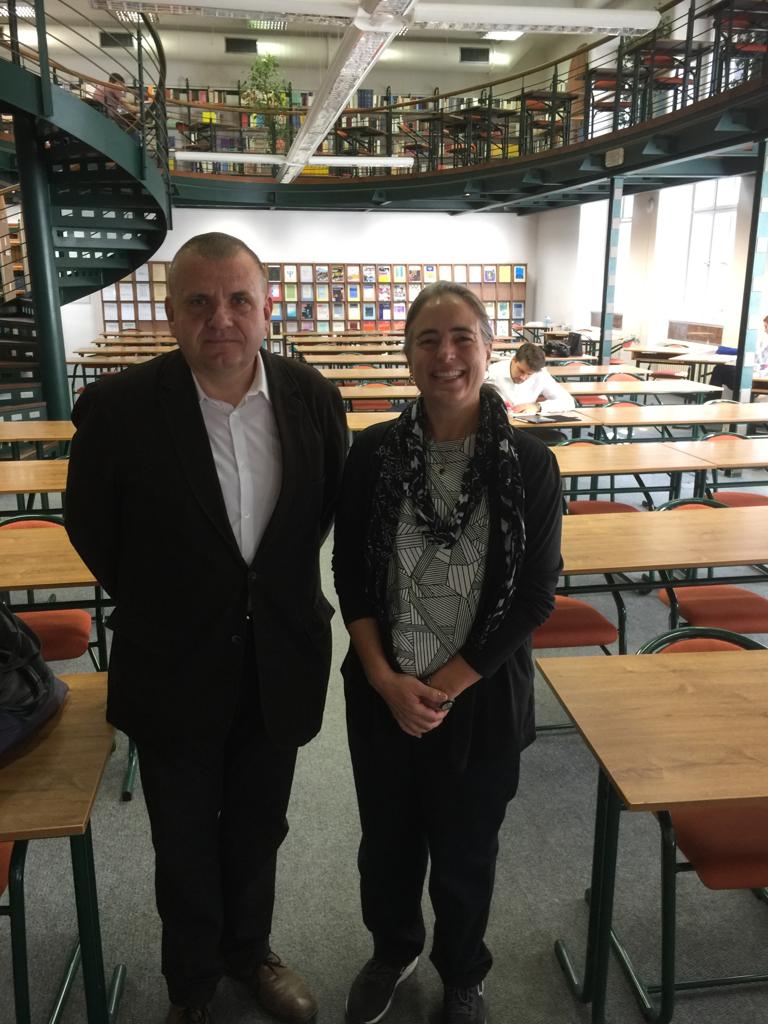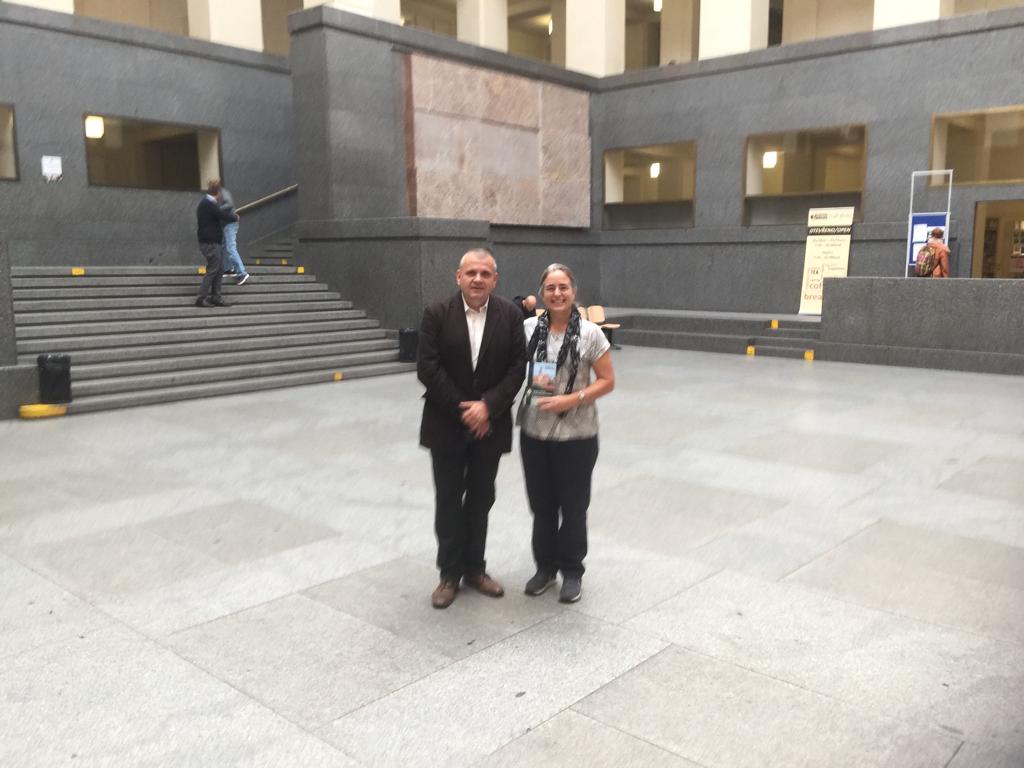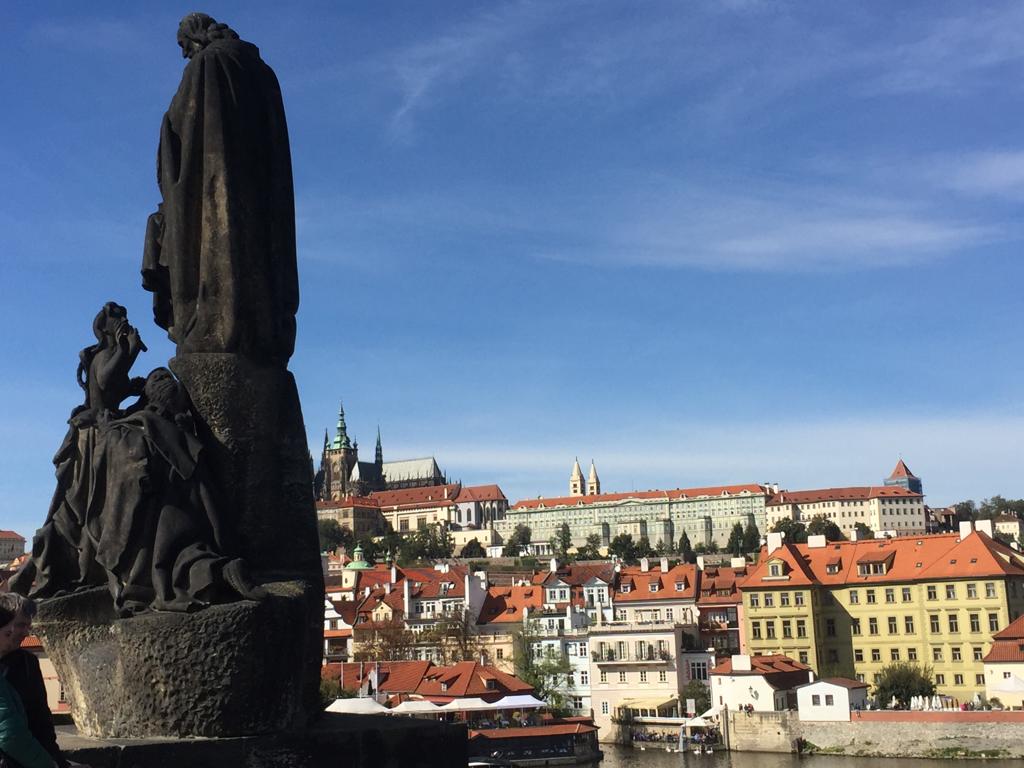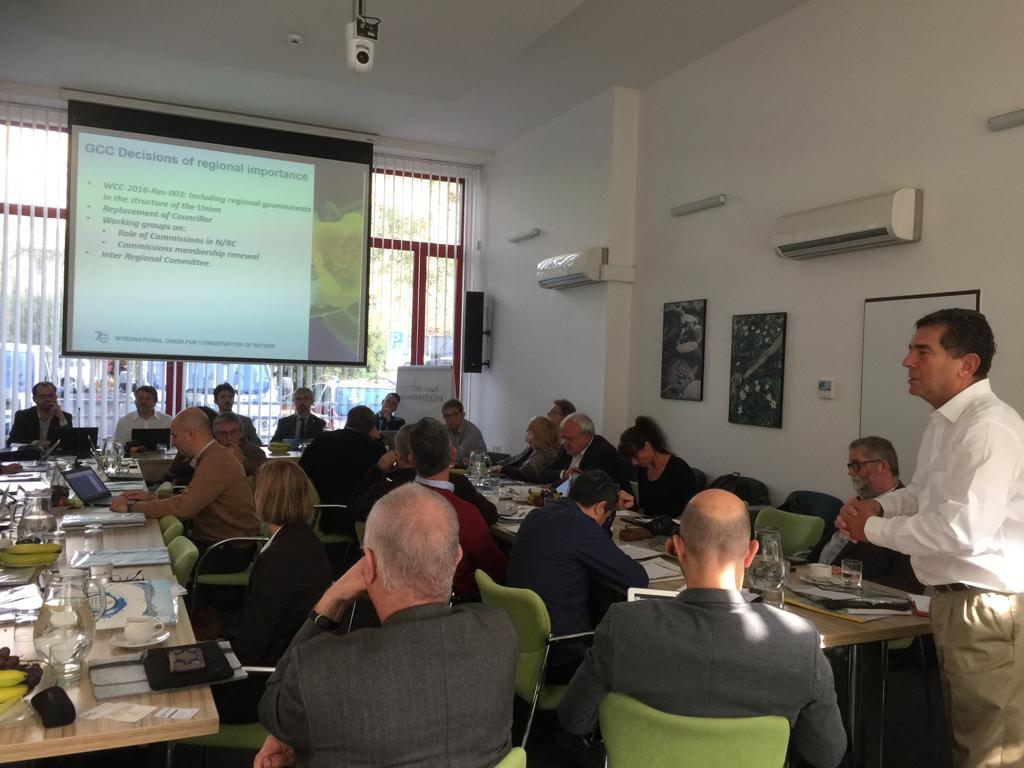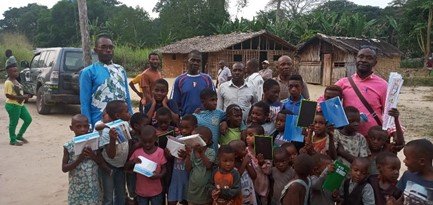WCEL in Prague for Informal IUCN Members’ Meeting of West Europe, East Europe, North and Central Asia
Deputy Chair Denise Antolini represented the Commission at the two-day meeting in September 2018 hosted in the city of Prague by IUCN State Member the Ministry of Environment of Czechia and chaired by IUCN Councillor for East Europe, North and Central Asia Michael Hošek.
The meeting was a highly productive and collegial meeting of members from major IUCN regions - West Europe, East Europe, North and Central Asia – represented by Directors from two IUCN Regional Offices, Enrique Lahmann from IUCN Headquarters in Gland, and four of the six IUCN Commissions.
More than 30 participants from member organizations, National Committees, and Commissions discussed key policy issues for the following year, reviewed the Regional Programmes, governance, and membership issues, and preparations for the next World Conservation Congress.
The participants also commemorated the remarkable life and work of IUCN Councillor from Russia, Rustam Sagitov, IUCN Regional Councillor for Eastern Europe, North and Central Asia, and Chair of the IUCN National Committee for Russia, who passed away on Sunday, 19 August 2018. Boris Erg (Diretor of the IUCN Regional Office for Eastern Europe and Central Asia (ECARO)) and Alex Zavarzin (Steering Committee member for the Commission on Education and Communications) both spoke eloquently about Rustam’s long commitment to IUCN and the world of conservation as well as his unparalleled legacy of mentoring many generations of conservationists in the region.
IUCN European Regional Officer Director Luc Bas led many of the discussions, along with Michael Hošek, Boris Erg, and IUCN Councilors Jonny Hughes and Jan Olov Westerberg, that encouraged robust comments by participants on many developing issues including the “draft construct” for the IUCN Programme 2021-2024. Key comments included that there is a need for an evaluation of the current programme, on which findings and recommendations the next one should be based, that outcomes in addition to themes need to be included, that members need to be placed within the draft Programme as a further layer, and that many new thematic areas should be identified and included. The draft construct would be further discussed by the IUCN Council at the upcoming meeting in Jeju, South Korea.
The IUCN European Regional Office Senior Policy Manager Alberto Arroyo Schnell presented a “Mid-Term Review: Implementation of the IUCN European Work Programme 2017-2020,” including plans for the “Post 2020 IUCN European Work Programme.” Current areas of work include: Red List of Threatened Species, Red List of Ecosystems, KBAs, PAs, EU Biodiversity Strategy, International commitments, IAS, Agriculture, Plastic Challenge, Arctic, BEST, Mainstreaming NBS into EU Policies, NBS for sustainable development, and EbA. He asked for additional input through the upcoming 2019 Regional Conservation Forum. He also presented a report on the IUCN European Office contributions “Towards Sustainable Agriculture” policy in the EU and welcomed further input from IUCN members.
IUCN Enrique Lahmann, Global Director Union Development Group discussed membership and governance issues of important to the region including: results of the membership survey conducted in November 2017-March 2018 (indicating desire for increased regional engagement with Members, networking opportunities, capacity building and communications); WCC-2016-Res-003 “Including regional governments in the structure of the Union”; the process for appointing a Regional Councilor due to the vacancy; the roles of Commissions on National and Regional Committees; the process for Commission membership renewal; formation for an Inter-Regional Committee. Jan Olov Westerberg also informed about the status in the discussions on forming an Interregional Committee for West Europe, East Europe, North and Central Asia statutory regions. Enrique also outlined the timeline to prepare for the Marseilles WCC in June 2020, including the motions process and the timing of the Regional Conservation Fora.
ECARO Director Boris Erg gave a presentation on this vast region, which has its regional office located in Belgrade, Serbia, with 9 staff members. The Region includes 8 countries in the Eastern Europe and Central Asia Region – the largest statutory IUCN region in terms of geography (including 15% of world’s total land mass, primarily due to inclusion of Russia, largest country in the world geographically). The region has 32 total members (2017) and about 300 members across the six Commissions. To learn more, see the ECARO regional website.
On the second day, Denise Antolini gave a presentation on the WCEL’s current activities, membership, and future plans. She noted that WCEL now has over 1000 individual members, with 227 in Europe and West and Central Asia, and will continue to recruit and engage new members in these important region.
While in Prague, she met with long-time WCEL member Professor of Law at Charles University Milan Damohorsky, a pioneer in environmental law of the country and region.
After the two days of formal meetings, the group enjoyed a spectacular long hike on a sunny day through the nearby Prokopské and Dalejské údolí nature reserves, hosted by a local NGO. The sites were particularly interesting for the beautiful landscape including the geological uniqueness of the Barrande formations. The group learned directly from the host NGO about the challenges of restoring and protecting this spectacular natural area that lies on the urban boundary of Prague.
